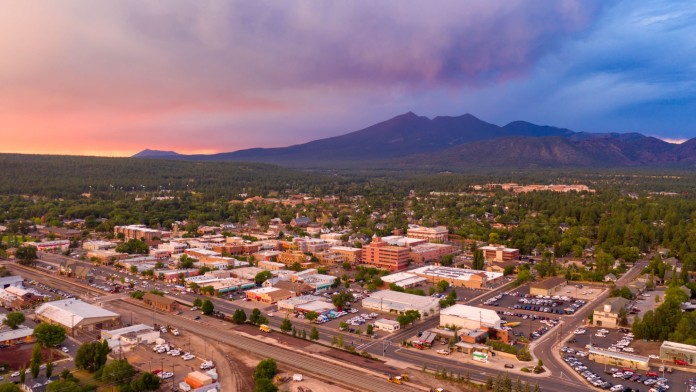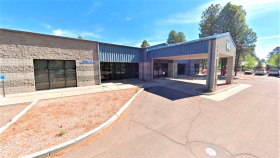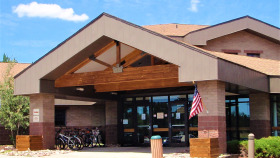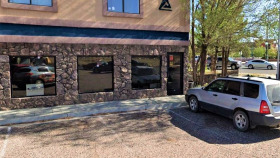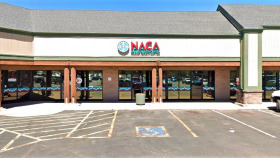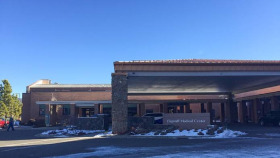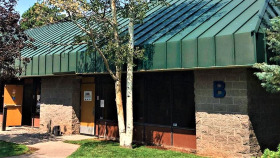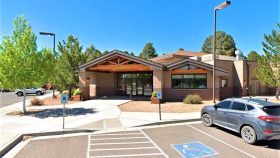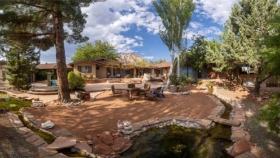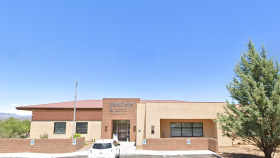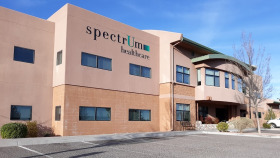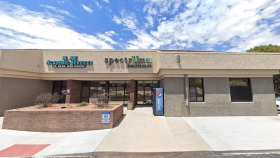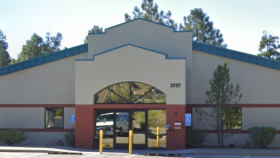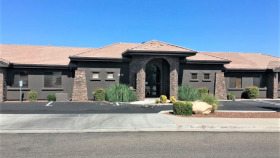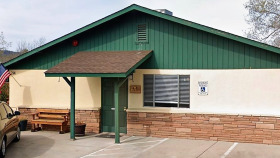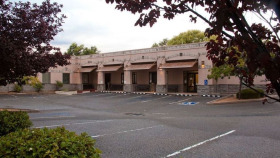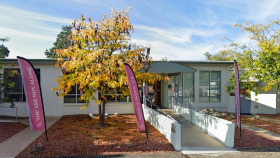Substance Abuse and Overdose Stats in Flagstaff
Fentanyl isn’t the only commonly used drug in Flagstaff. Here are some recent statistics related to alcohol and drug abuse in this Flagstaff and Coconino County:2,3
In 2020, there were 12 fentanyl-related overdose deaths in the county
In 2020, there were 13 non-opioid drug overdoses and 12 including opioids plus other drugs
In 2020, 11 people died of alcohol poisoning or overdose
In 2019, there were 35 opioid prescriptions dispensed per 100 residents
Levels of Substance Abuse Treatment
Substance abuse treatment often follows a continuum of care that flows from most to least restrictive. Some Arizona residents receive care at each level, while others may only need the least intensive treatment services.
Detox
Detox is often the initial step of rehab treatment. It occurs in a supervised medical setting and involves safely and comfortably clearing your system of all drugs and alcohol.
Residential or Inpatient
This is the most intensive treatment setting. Residential or inpatient treatment involves 24/7 supervised care. Participants usually receive individual and group therapy and may also receive medication and additional types of therapy.
Partial hospitalization programs (PHPs)
PHPs typically involve many of the same treatment services as inpatient care. However, you return home during non-treatment times.
Intensive Outpatient Programs (IOPs)
In an IOP, you participate in several hours of treatment over several days per week. Methods often include individual and group therapy. Many Arizona residents transition to IOPs after completing a residential or PHP program.
Standard Outpatient
Standard outpatient treatment involves a couple of hours of care per week, usually at an outpatient clinic or in a therapist’s office. This treatment level is appropriate for individuals who have mild addictions and strong support systems.
Aftercare
Aftercare provides ongoing support once inpatient or outpatient treatment is completed. This care may include 12-step meetings, transitional housing, or therapy. It is a key component of relapse prevention.
How to Pay for Drug Rehab in Arizona
Private Insurance
By law, all insurance companies must provide coverage for substance abuse and mental health treatment, per the Mental Health Parity and Addiction Equity Act. However, each plan differs regarding specific benefits, so Arizona residents must contact their provider to learn about exact coverage.
Arizona Medicaid
Arizona Medicaid, known as the Arizona Health Care Cost Containment System (AHCCCS), provides coverage for drug and alcohol rehab services under the Mental Health Parity Act. Arizona residents may qualify for this program if they are a low-income adult, a child, a pregnant woman, an elderly adult, or a person with certain disabilities.
Medicare
Medicare is a federal health insurance program that provides coverage for Arizonans aged 65 and older, along with individuals diagnosed with certain disabilities. Addiction treatment services are covered under both Medicare Part A and Part B. However, not all rehab facilities accept Medicare, so it’s important to confirm accepted methods of payment before enrolling in a program.
Sliding Scale Rehabs
Sliding scale rehab programs allow Arizona residents to pay only what they can reasonably afford based on their income. Participants must typically provide proof of income to qualify.
TRICARE in Arizona
TRICARE in Arizona (West region) provides health insurance coverage for U.S. military personnel, veterans, and their dependents. Coverage includes addiction treatment services. However, plans differ in their specific coverage.
IHS-Funded Drug Rehabs
The Indian Health Service (IHS) is a federally funded program for indigenous people. Native Americans and Native Alaskans who need SUD treatment can receive low-cost or free services under this program.
Local Information for Visiting Flagstaff
Whether you are considering attending alcohol and drug rehab in Flagstaff or planning to visit a loved one in treatment there, you’ll want to know more about how to get there, how to get around, and what there is to do there. Here are some details:
- The closest commercial airport to Flagstaff is Flagstaff Pulliam Airport, which offers several daily flights to and from Phoenix
- The closest international airport is Phoenix Sky Harbor International Airport, which is about two and a half hours away
- The Flagstaff Urban Trails System is a 56-mile network of shared pathways for runners, hikers, walkers, and bicyclists to get around
- Flagstaff has a comprehensive bus system called Mountain Line running nine routes throughout the city
- There are about 100 hotels and motels in Flagstaff, giving you plenty of options for accommodations, whether you need affordability or comfort
- Go skiing or snowboarding at Arizona Snowbowl, Flagstaff Snow Park, and Wing Mountain Snow Play Area
- Enjoy camping fun at Fort Tuthill County Campground, Canyon Vista Campground, and Flagstaff KOA Holiday
- The Grand Canyon is just 81 miles away, making a great day trip option
- Visit the beauty of the Walnut Canyon National Monument, Wupatki National Monument, and Sunset Crater Volcano National Monument
- Explore the stunning Coconino National Forest, which boasts red rock canyons, volcanic summits, forests, petroglyph sites, and more
- For some indoor fun, wander around the Museum of Northern Arizona, which celebrates Native American culture in the area
- Downtown Flagstaff has myriad of things to do, like shops and dining as well as festivals and carnivals that occur many times per year
Arizona Drug and Alcohol Laws
Arizona laws include the following policies regarding substance use and treatment.1,2,3,4
Public Alcohol Consumption: In Arizona, it is illegal to drink alcohol in certain public places. The law states it is unlawful “for a person to consume spirituous liquor in a public place, thoroughfare, or gathering.” The law doesn’t apply to private property or public recreation. Unlike other states, there are no “public intoxication” charges in Arizona. The act of consuming alcohol is unlawful, not the act of being drunk in public.
Naloxone Standing Order: This law allows any licensed pharmacist in Arizona to dispense naloxone without a prescription, and for any Arizonan to obtain naloxone from any pharmacy in the state.
Good Samaritan Law: Under this policy, Arizonans are protected from criminal liability if they seek medical assistance for a suspected overdose. The law is meant to save lives by removing fear of legal repercussions for possession or use of a controlled substance/drug paraphernalia and for providing alcohol to minors.
Court-Ordered Treatment: In Arizona, offenders who plead guilty to a drug offense may complete court-ordered treatment instead of serving jail time.
Health Insurance Waiver: Arizonans can pay for drug and alcohol treatment out of pocket, without penalty for not having health insurance. This is per Article 27, section 2 of Arizona insurance law, which states that a person does not need to participate in a healthcare system but may pay for healthcare services directly.
Resources
- Johnson, D. (2022). Fentanyl overdoses increasing in Flagstaff. The Lumberjack.
- Coconino County Health and Human Services. (n.d.). Opioid and Substance Use Prevention and Support Services.
- Centers for Disease Control and Prevention. (2019). S. County Opioid Dispensing Rates, 2019.

